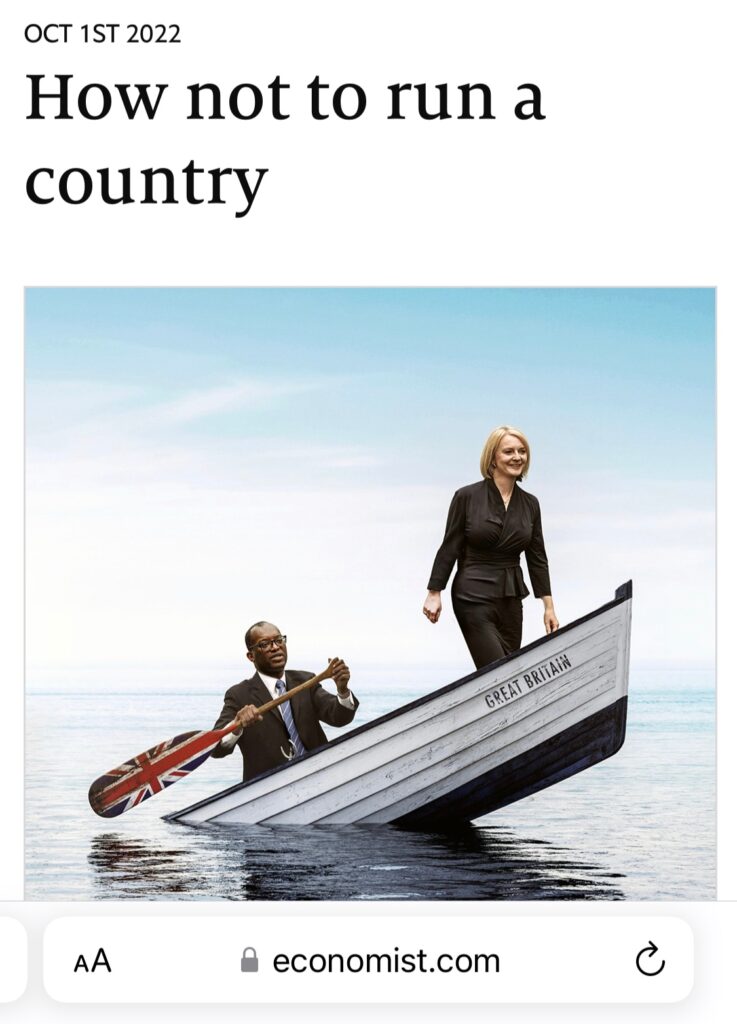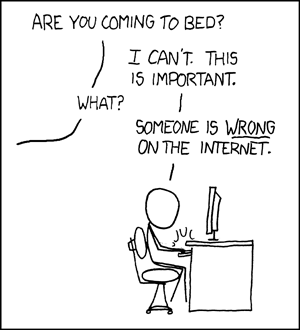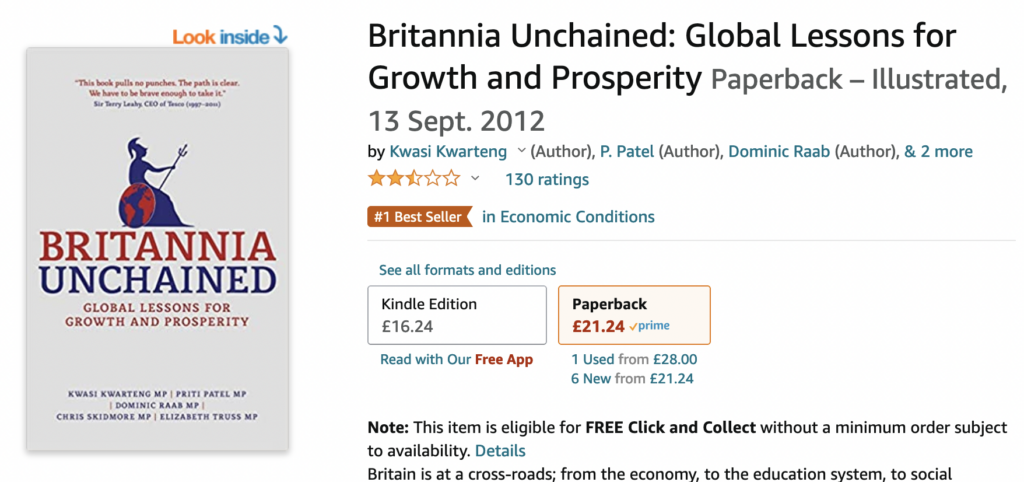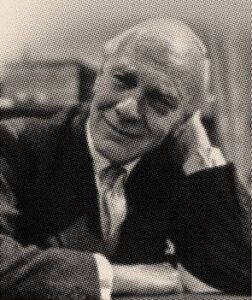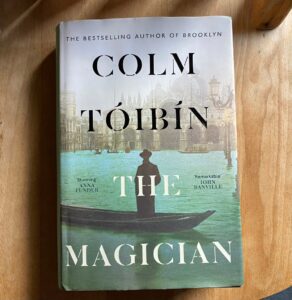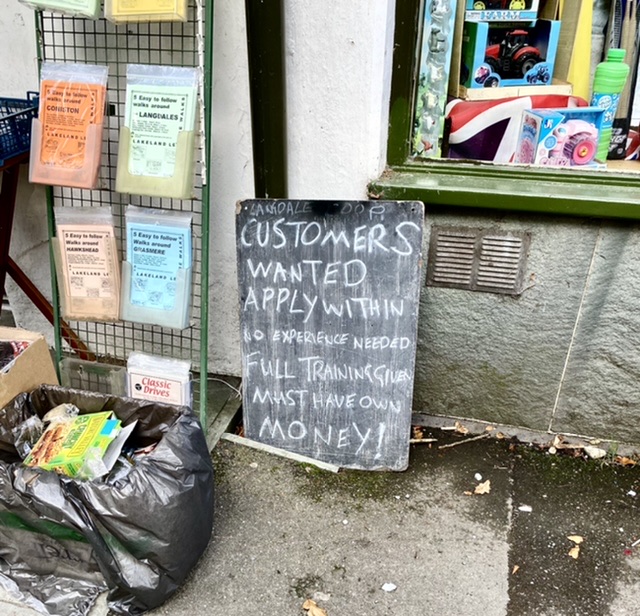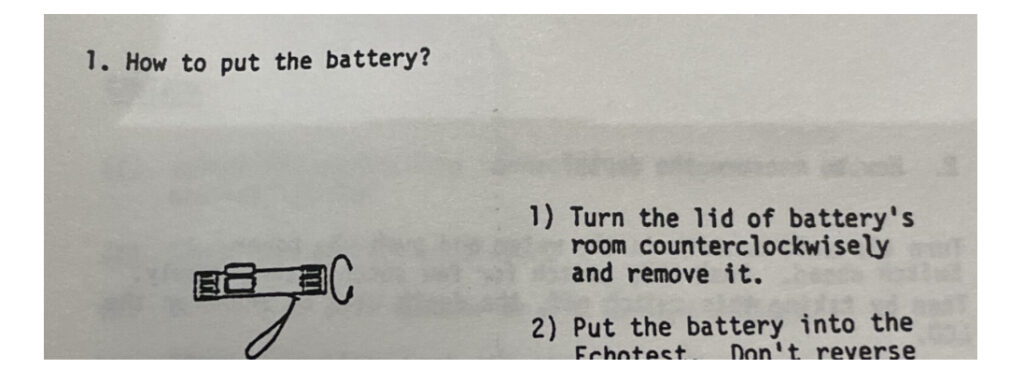Quote of the Day
”Well, it’s about everything in particular, isn’t it?”
- Muriel Spark on Proust’s A la recherché du temps perdu.
Musical alternative to the morning’s radio news
Ry Cooder & David Lindley | Its All Over Now
Long Read of the Day
King Charles Has Some Very Strange Ideas About How Cities Should Look
He sure does, as this nicely critical essay by Owen Hatherley reveals. I thought I knew it all, including the cringe-worthy Poundbury, the village/town he founded in Dorset, but I hadn’t known about his chosen architect or his role in Transylvania.
The key to understanding the politics of Britain’s new king, Charles III, lies in Transylvania. Anyone interested in architecture in the United Kingdom since the 1980s has had to reckon with the activities of the then Prince of Wales, which have included books, a TV series, and even an entire town, Poundbury in Dorset, designed as a showcase of his ideas. But it is in the eastern Balkans that his personal vision has come closest to fruition.
In 2018, on a trip to Romania, I was tipped off by the urbanist Gruia Badescu that I would find an explanation of Charles’s politics in the western region of the country — the area that was for many centuries part of the Habsburg Empire, but which is best known outside Romania for being the ancestral seat of a (fictional) aristocratic vampire…
Read on. It’s worth it.
Molly Russell was trapped by the cruel algorithms of Pinterest and Instagram
My Observer OpEd piece about a social-media-engineered tragedy.
As the inquest into the death of Molly Russell ground to its conclusion on Friday, what kept flashing like a faulty neon sign in one’s mind was a rhetorical question asked by Alexander Pope in 1735: “Who breaks a butterfly upon a wheel?” For Pope it was a reference to “breaking on the wheel”, a medieval form of torture in which victims had their long bones broken by an iron bar while tied to a Catherine wheel, named after St Catherine who was executed in this way.
For those at the inquest, the metaphor’s significance must have been unmistakable, for they were listening to an account of how an innocent and depressed 14-year-old girl was broken by a remorseless, contemporary Catherine wheel – the AI-powered recommendation engines of two social media companies, Instagram and Pinterest.
These sucked her into a vortex of, as the coroner put it, “images, video clips and text concerning or concerned with self-harm, suicide or that were otherwise negative or depressing in nature… some of which were selected and provided without Molly requesting them”. Some of this content romanticised acts of self-harm by young people on themselves, while “other content sought to isolate and discourage discussion with those who may have been able to help”. His verdict was not suicide but that “Molly Rose Russell died from an act of self-harm whilst suffering from depression and the negative effects of online content”…
It was an extraordinary inquest. And it reached a radical verdict. Do read on.
Does Keir Starmer needs to raise his rhetorical game?
Matthew d’Ancona of Tortoise Media thinks that he does:
In an interview with the Observer yesterday, Starmer called for fossil fuel corporations to pay more of their windfall profits to meet the costs of the energy price freeze – a legitimate and popular idea. But here is how he justified it: “We’ve tried it out with numerous focus groups, polling. We’ve tested it and tested it and the vast majority of people can’t understand why you wouldn’t do that.”
No prospective PM should ever speak like this in public. It is not the language of a man who is straining to take command of the ship of state, to stride into Downing Street and immediately start writing “Action This Day” on the briefs in his first red box. It is the language of the Monty Python accountant, Mr Anchovy, who claims that he wants to be a lion tamer – but only “via easy stages”, such as banking and insurance.
It’s smart piece, but I’m not convinced. The best Prime Minister in modern British history — Clement Attlee — might have been mistaken for an accountant. When he was PM, he and his wife went — in their own modest car — bed-and-breakfasting in the Lake District. Arriving at one B&B, Atlee realised that he had no cash on him, so he asked the landlady if she would accept a cheque. She said no. He asked why. “Because I don’t know who you are. You might be anybody”.
What people forget is that Atlee ran the country while Churchill ran the war. And after Labour’s landslide victory he ran a very efficient Cabinet which was full of strong and bigger egos than his. Among other things, they created the National Health Service and nationalised the coal, steel and railway industries (a task that Attlee, in his down-to-earth way regarded as a Mergers & Acquisition activity — which is why he called for Geoffrey Vickers, the leading M&A specialist in the City of London, to oversee it.)
Churchill was witty in his public disparagement of him. (E.g. “A modest man with much to be modest about.” “An empty taxi drew up and Clement Attlee got out.”) But he knew better than anyone what a formidable operator Attlee was.
There’s a famous limerick which is sometimes attributed to him.
There were few who thought him a starter,
And many who thought themselves smarter.
But he ended up PM, CH and OM,
An Earl and a Knight of the Garter.
It’s not inconceivable that people might write about Keir Starmer in these terms in a century from now. We shall just have to wait and see.
My commonplace booklet
Sacre Bleu! The Paris Métro goes paperless link
This Blog is also available as a daily email. If you think that might suit you better, why not subscribe? One email a day, Monday through Friday, delivered to your inbox. It’s free, and you can always unsubscribe if you conclude your inbox is full enough already!




